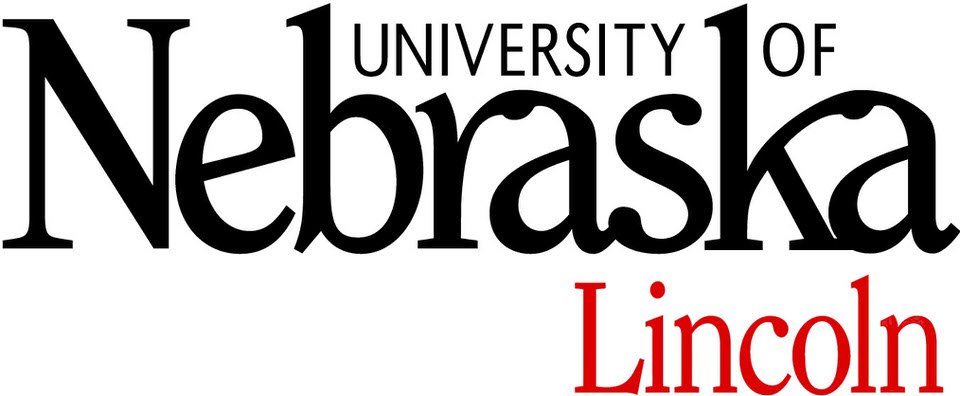 The University of Nebraska-Lincoln will celebrate the grand opening of its new Veterinary Diagnostic Center on June 9.
The University of Nebraska-Lincoln will celebrate the grand opening of its new Veterinary Diagnostic Center on June 9.
The new diagnostic center will provide improved laboratory services for veterinarians and Nebraska livestock owners and will enhance the learning experiences of students in the professional program in veterinary medicine, according to school officials.
"With our new interactive spaces, we've created a state-of-the-art space for our students to study as well as gain hands-on veterinary experience," said Alan Doster, the center's director.
The center will continue to do research and offer necropsy, histopathology, virology, bacteriology, serology, toxicology and limited clinical pathology services. The increased space and new state-of-the-art equipment, such as its new MALDI-TOF technology, will enable the center to more quickly and accurately diagnose disease-causing organisms.
The old center, built in 1975, was insufficient to meet modern needs and biosecurity requirements; the Nebraska Legislature committed $40.6 million in funding through the Building a Healthier Nebraska initiative announced in 2012 with $4.1 million required in private donations, said the school in a statement.
In leading the private fundraising initiative, agriculture business owners Dennis and Glenda Boesiger of Lincoln, Neb., provided a gift of $500,000; another major gift of $757,000 was received from an anonymous donor in Kansas. Other major gifts were from Boehringer Ingelheim Vetmedica, Farm Credit Services of America and the Nebraska Cattlemen Assn. and its affiliates.
"The Veterinary Diagnostic Center is a great public-private partnership that will serve the needs of all of Nebraska," Doster said. "This project was made possible by the generous support of the Nebraska Legislature, industry partners like the Nebraska Cattlemen and private donors. It represents what is possible when the legislature, commodity groups and the university work together for the benefit of our state."









